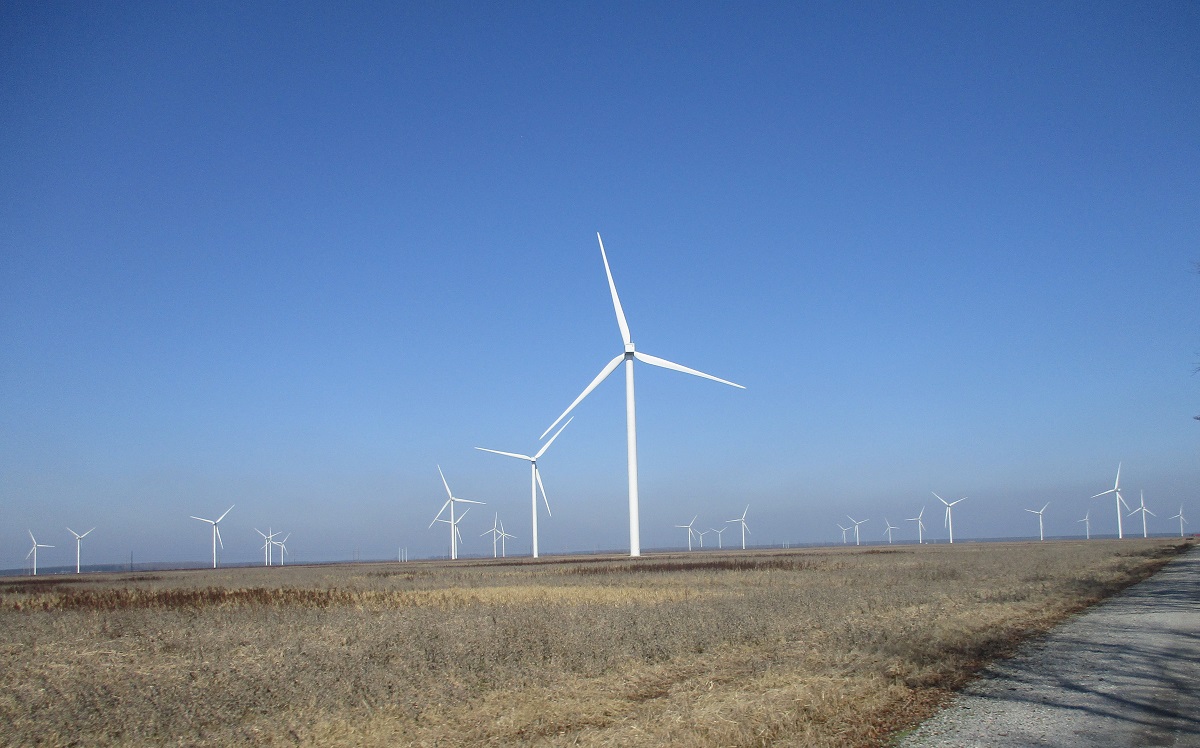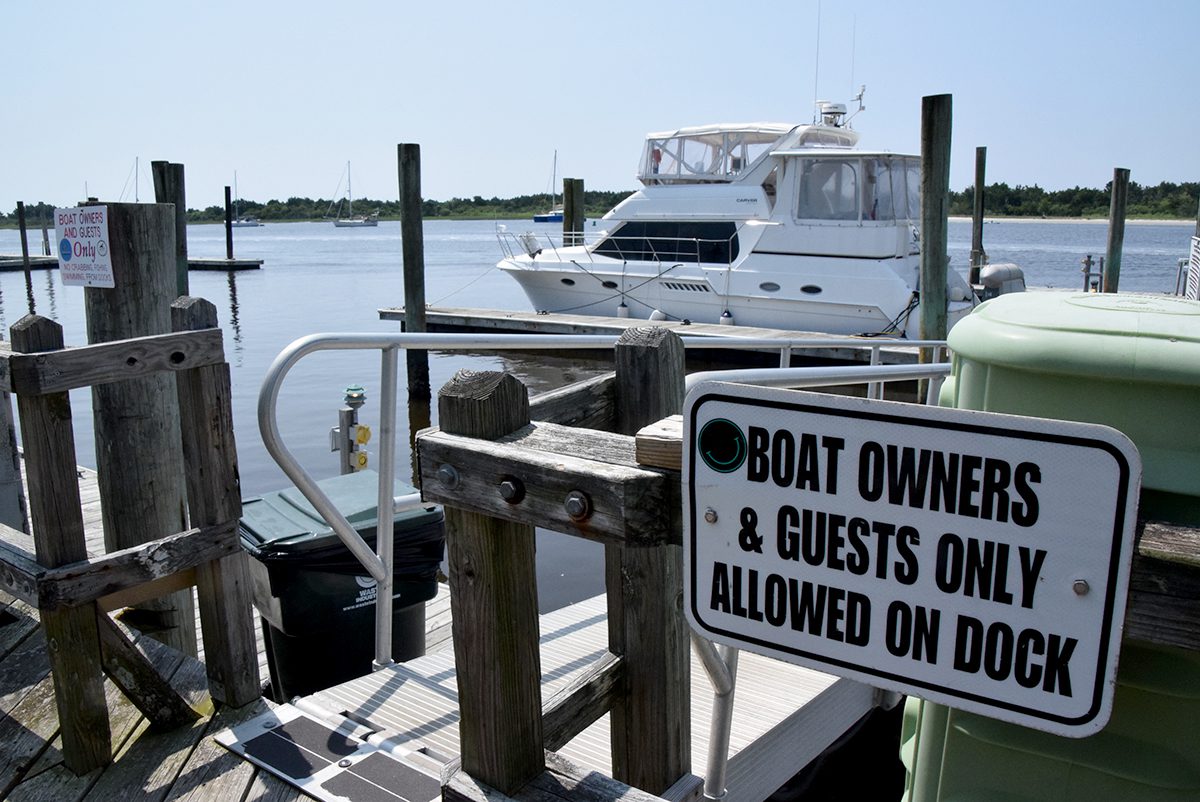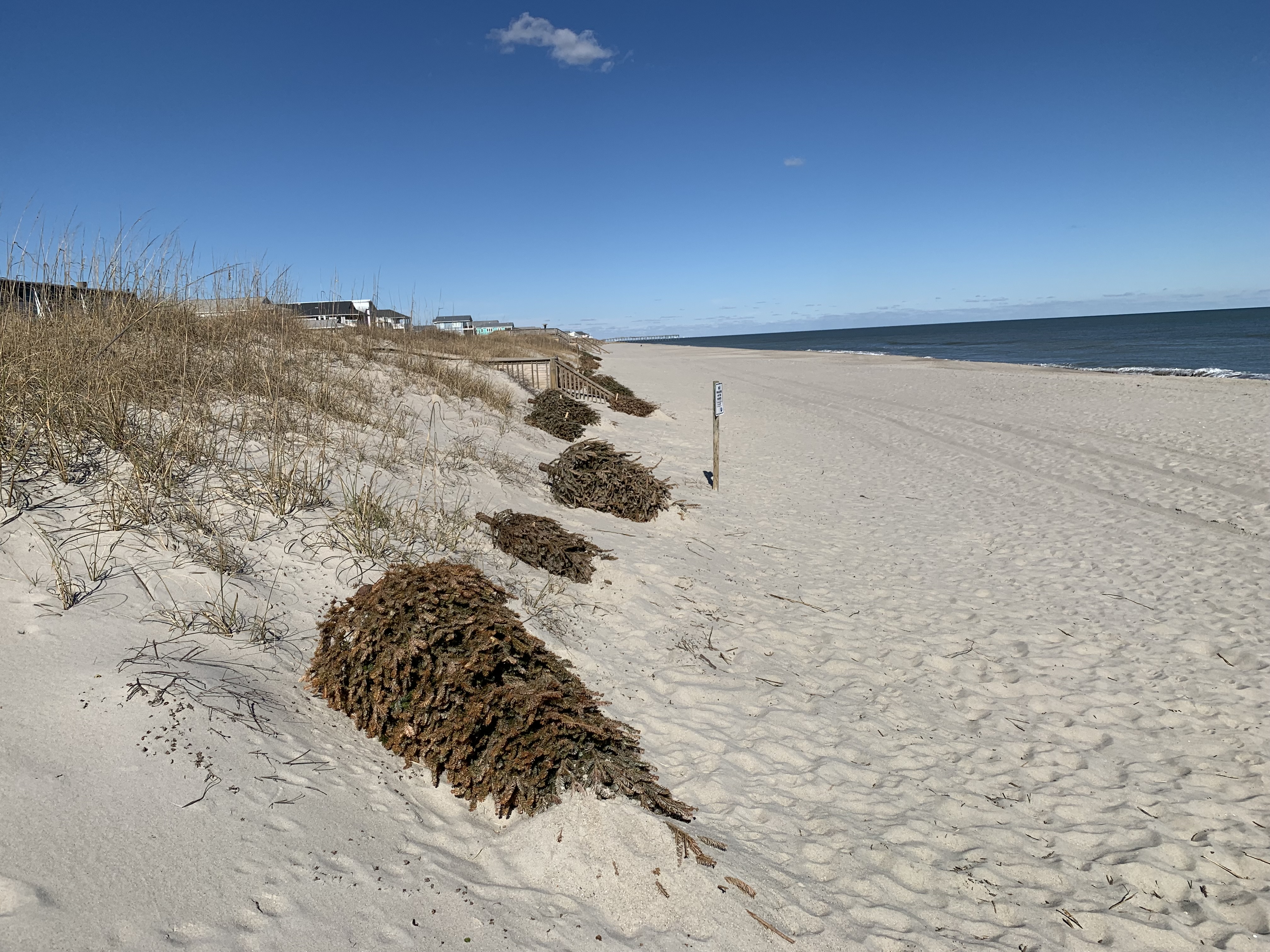
The regional concerns and global implications of wind energy, flooding and inundation, and toxins and pollutants will be examined during the May 17-19 Global Marine Science Summit at University of North Carolina Wilmington.
Hosted by UNCW’s Center for Marine Science at 5600 Marvin K. Moss Lane, the three-day summit will bring together international, national and local representatives from various business, community and academic stakeholders, including guest scientists from Germany, Chile, Hong Kong, UK, Colorado, Florida and Grand Bahama Island.
Supporter Spotlight
This year’s plenary speakers are Stuart McLelland with University of Hull’s Energy and Environment Institute in the United Kingdom, Rainer Lohmann in the graduate school of oceanography at the University of Rhode Island, and Elisa Berdalet with the Institut de Ciències del Mar in Barcelona, Spain.
Key topics include the following:
- Wind energy is emerging as a leading solution to global energy demand, and the development of several wind farms along the North Carolina coast is underway. Wind farms have environmental challenges too, but they will help mitigate carbon that impacts climate change and sea-level rise.
- With sea level rise and flooding from rivers, water encroachment is actively impacting communities and causing health hazards, particularly marginal and underserved communities.
- Sea level rise and flood waters serve as transport of chemicals, such as PFAS, and phenomena of harmful algal blooms are further amplified by flooding and water quality.
These topic areas present significant opportunities for growing the blue economy, which is the “sustainable use of ocean resources for economic growth, improved livelihoods, and jobs while preserving the health of ocean ecosystems,” according to the World Bank.
For registration and accommodations, visit the 2023 Global Marine Science Summit website. Cost for all events over the three-day summit is $300, or $100 for students, and $75 per person, or $25 for students, for one day only of the summit.






